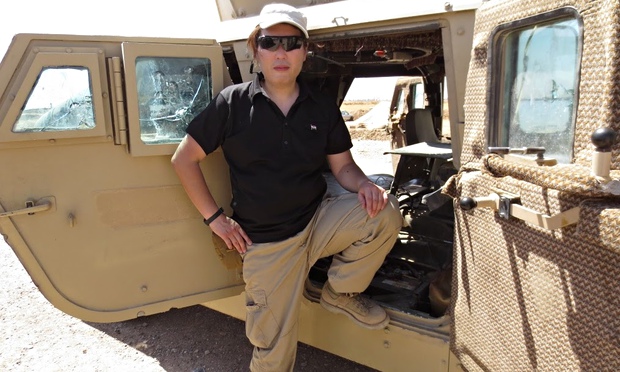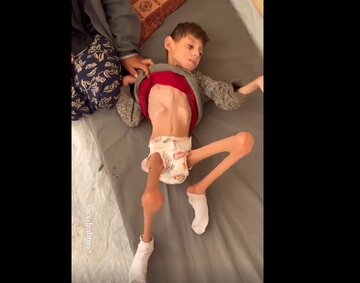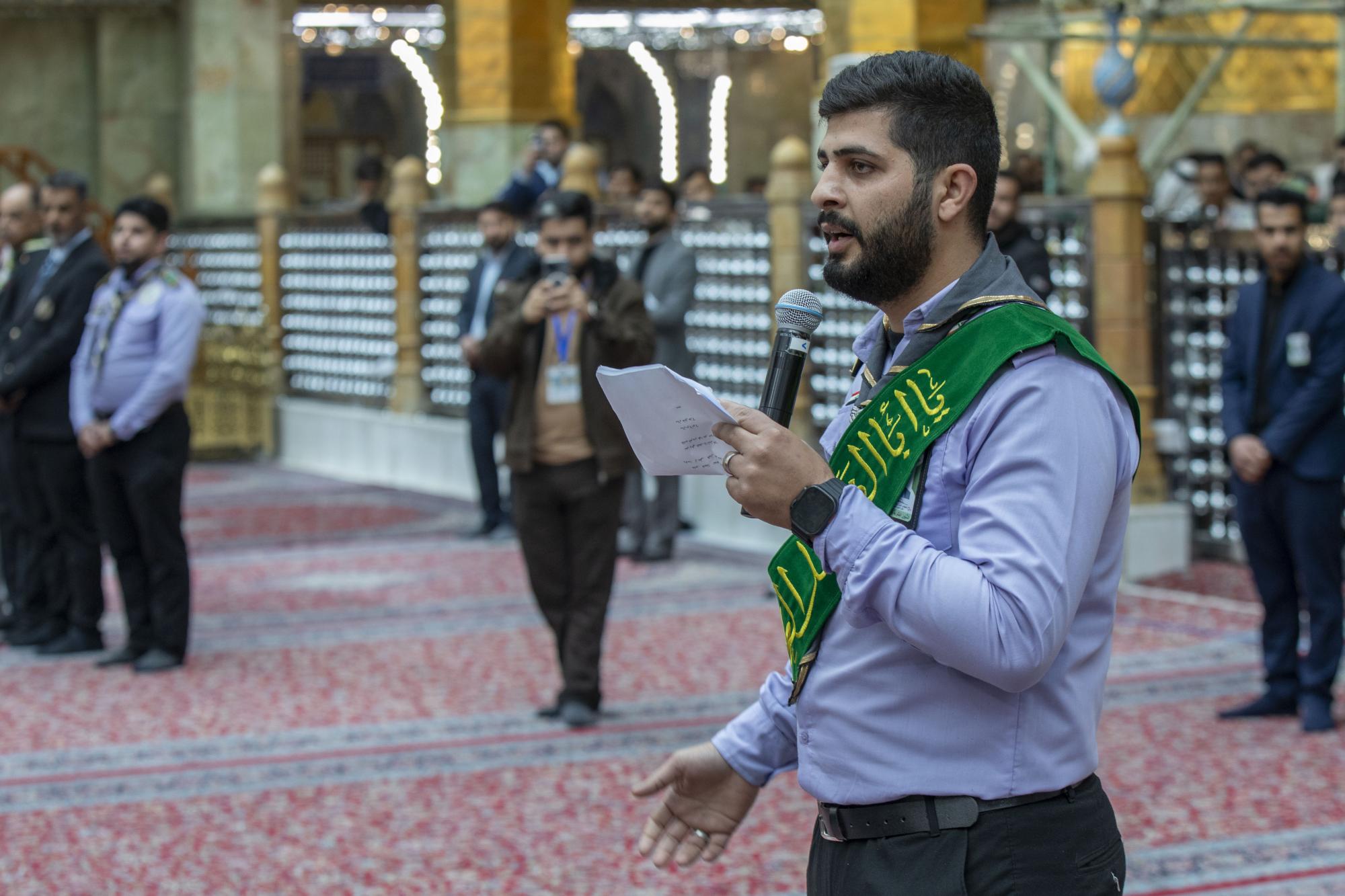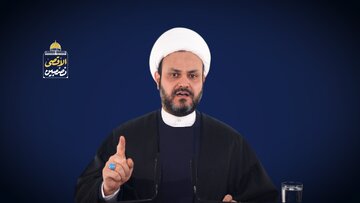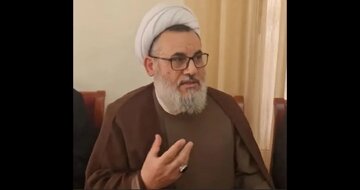When Friday’s deadline passed with no news of the fate of two Japanese hostages threatened with execution by their Isis captors, Japan allowed itself to hope that the men would be spared.
But with prime minister Shinzo Abe stating that the chilling recording, purportedly released by Isis on Saturday, is genuine, the beheading of Haruna Yukawa marks a violent end to a troubled life.
Aside from their shared interest in the bloody conflicts in Syria and Iraq, Yukawa and the remaining hostage, Kenji Goto, have little in common. Goto, a 47-year-old journalist whom Isis has offered to free in return for the release of Sajida al-Rishawi, a female suicide bomber, has become the public face of a crisis that has tested the country’s leader and dismayed its citizens.
Goto’s mother, Junko Ishido, made a tearful plea for his release in Tokyo on Friday, just hours before Isis had threatened to kill both men unless Japan paid a ransom of $200m – the same amount Abe had pledged in non-military aid to countries engaged in the fight against Isis. Few have spoken up for Yukawa.
Ishido confirmed what many already believed about her son – that he is a humanitarian, willing to leave his wife and newborn child and put himself in harm’s way to report on the plight of children caught up in war zones.
There was a second motive for his most recent trip to Syria – one that may cost him his life – to persuade Isis to spare his friend, Yukawa, who had been captured last August near Aleppo.
Yukawa’s reasons for venturing to one of the world’s most dangerous countries underlined the dramatically different lives the men led before terrorism threw them together.
The plight of Yukawa, 42, has struggled to elicit the same level of public sympathy shown for his fellow captive. He went to Syria describing himself as a security consultant who would help expatriate Japanese companies avoid the risks that had been thrown into stark relief in early 2013, when 10 Japanese energy workers were killed by Islamist militants in Algeria.
In fact, his company existed only on paper. Instead, for Yukawa, living life in proximity to danger represented a final chance to make sense of a life filled with misfortune. In the past decade, his wife had died of cancer and his business had failed, forcing him to lose his home. He was bullied as a child and had apparently attempted suicide in adulthood.
Back in Japan, Yukawa flirted with rightwing extremism and developed a fascination with weaponry and war; Goto, a pacifist who became a practising Christian in the late 1990s, wrote about his faith in religious publications.
“He just wants to meet children in conflicted areas and tell the world of their suffering,” Toshi Maeda, a freelance journalist and Goto’s friend, said.
After the men first met in Syria in April, Yukawa asked Goto, who has been reporting from conflict zones since 1996, to take him to Iraq and teach him how to survive in hazardous environments.
Yukawa wrote on his blog that he had been “thrilled to meet Goto”, whom he regarded as a hero for his fearless reporting. He proudly posted some photos of the two of them together on Facebook.
And so an unlikely friendship flourished. Today, it appears to have ended in the most terrifying way imaginable.
News of Yukawa’s apparent beheading, which filtered through late on Saturday night in Japan, poses another conundrum for Abe. Having stuck to his promise made last week to follow the US and Britain in refusing to pay ransoms to terrorists, Japan’s conservative leader now faces a demand of a different kind: a prisoner swap.
Japan has been through hostage crises before – at the hands of homegrown terrorists in the 1970s, and in Iraq in 2004 in retaliation for sending its troops there to conduct humanitarian work.
This time the catalyst appears to be Japan’s decision to ally itself with the campaign against Isis, although its pacifist constitution prohibits it from playing any kind of military role.
Even amid the outpouring of anger and dismay that will surely greet news of Yukawa’s beheading and the sight of Goto pleading for his life, Abe is unlikely to flinch. If anything, Japan’s induction into the world of terror may strengthen his hand as he seeks to boost the role of the country’s military by, for example, lifting the postwar ban on troops fighting alongside allies overseas.
Conversely, the sight of Japanese citizens meeting a bloody end could temper enthusiasm for Abe’s push to align Japan more closely with Washington’s agenda in the Middle East.
Now a nation waits in hope that Goto’s words, filmed when he entered Syria last autumn, will prove prophetic: “Do not place responsibility on the people of Syria. Please. I am sure I will come back alive.”



